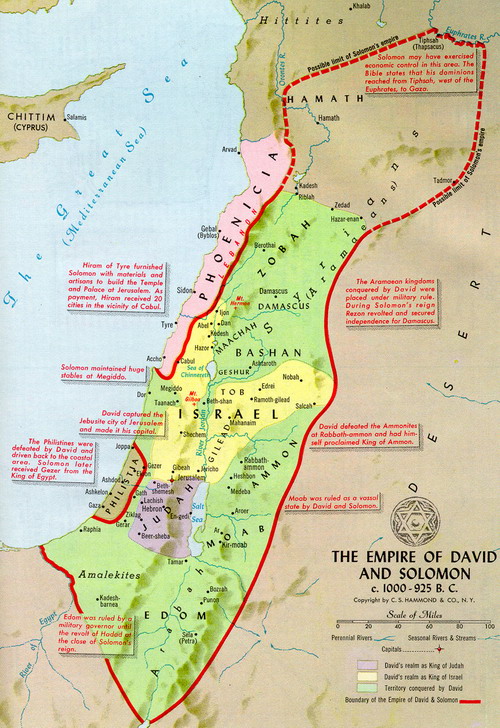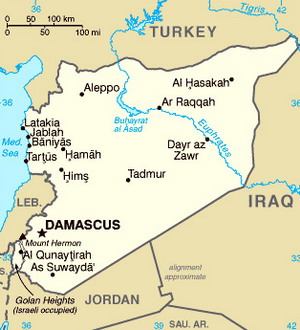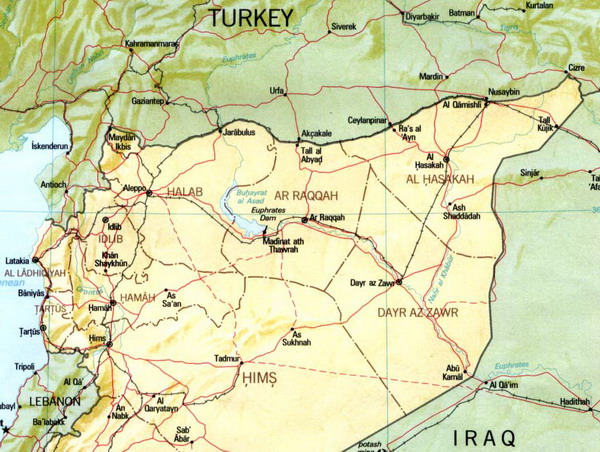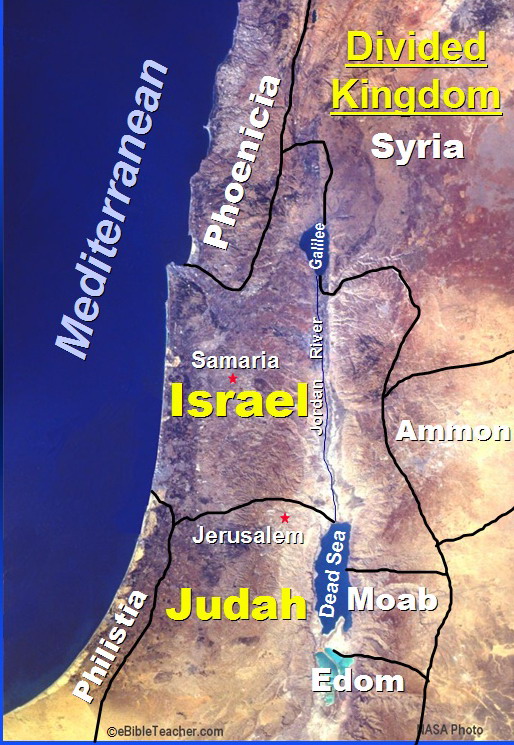Chapter Eight
2-Kings. Chapter 8.
Elisha advises the Shunamitess to avoid the famine.
Mini-Article:
"Who Were the Philistines?"
The Shunamitess comes before the king just as Gehazi spoke of her.
Elisha in Damascus. Assassination of Ben-Hadad and ascension of Hazael. Joram of Judah defeats the Edomites. Ahaziah becomes King of Judah. Joram-Jehoram reigns over Israel and is defeated by Aram.
SCROLL DOWN\
|
Brit-Am Discussion Group |
Contents by Subject |
Research Revelation Reconciliation Contribute |
|
Site Map Contents in Alphabetical Order |
This Site |

|
2 Kings 8
[2-Kings 8:1] Then Elisha spoke to the woman whose son he had restored to life, saying, 'Arise and go, you and your household, and stay wherever you can; for the LORD has called for a famine, and furthermore, it will come upon the land for seven years.'
"No friends like old friends", they say.
The lady in question consulted with her husband and then provided Elisha with a furnished room of his own in some type of attic.
In return Elisha prayed that she should conceive and she did. When her son got sick and died, Elisha saved him. Now, in time of famine Elisha warns her beforehand and so she moves away in time. We were told at the beginning (when she first spoke about helping Elisha) that her husband was already old.
She is now not spoken of together with her husband. Perhaps he had passed away in the meantime even though she is not referred to as a widow.
The Commentary Me-am Lo'ez says that the famine spoken of here is the same one that Samaria suffered from when it was under siege in the previous chapter.
This possibility actually adds to the possibilities of the previous chapter. Perhaps there had been famine in Israel and the Aramaeans (Syrians) took advantage of it by laying siege to Samaria? Perhaps they had brought extra food with them from Aram in order to entice the starving Israelites into surrendering?
[2-Kings 8:2] So the woman arose and did according to the saying of the man of God, and she went with her household and dwelt in the land of the Philistines seven years.
[2-Kings 8:3] It came to pass, at the end of seven years, that the woman returned from the land of the Philistines; and she went to make an appeal to the king for her house and for her land.
Apparently squatters had taken possession of her house and land and she need help to get them out.






